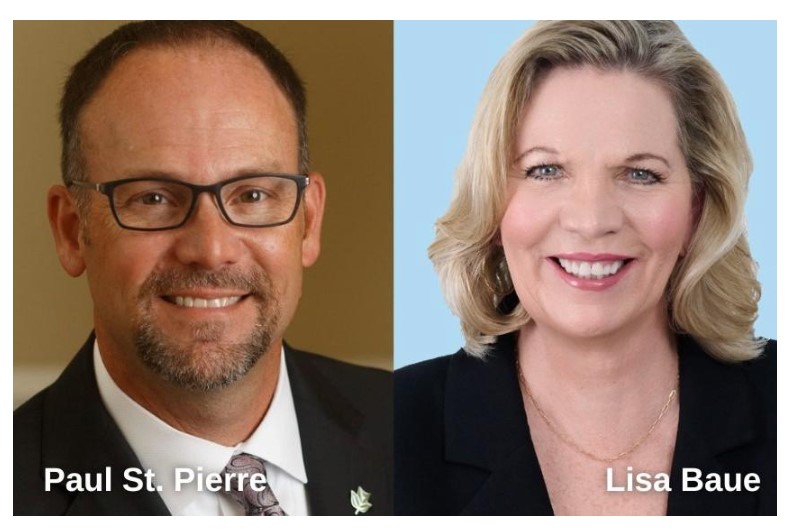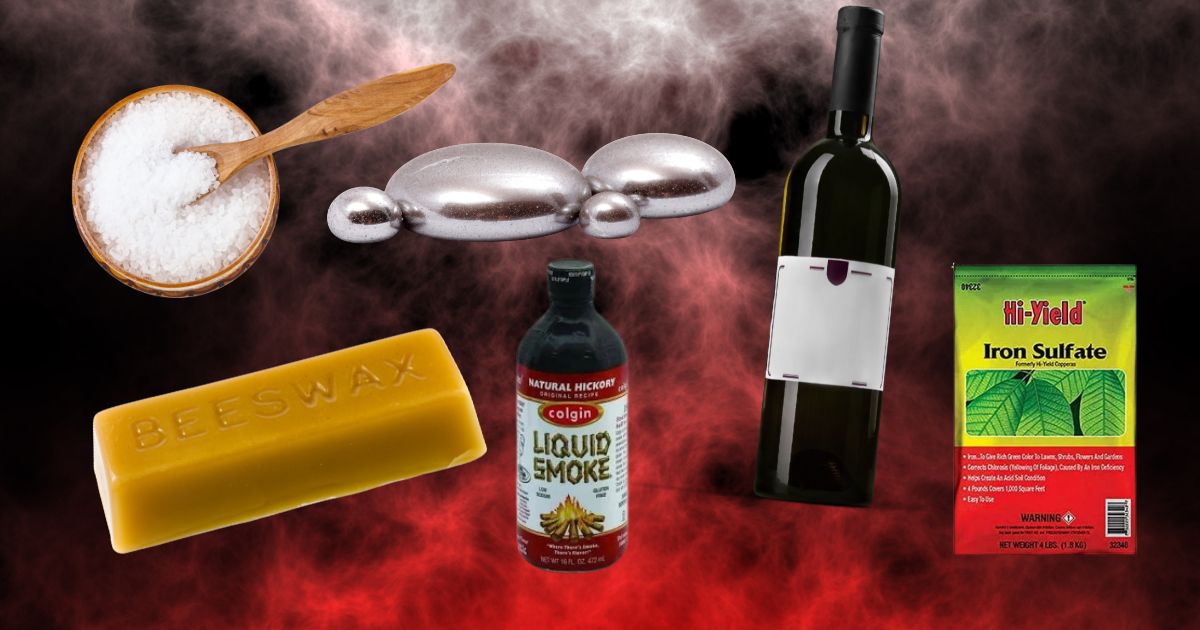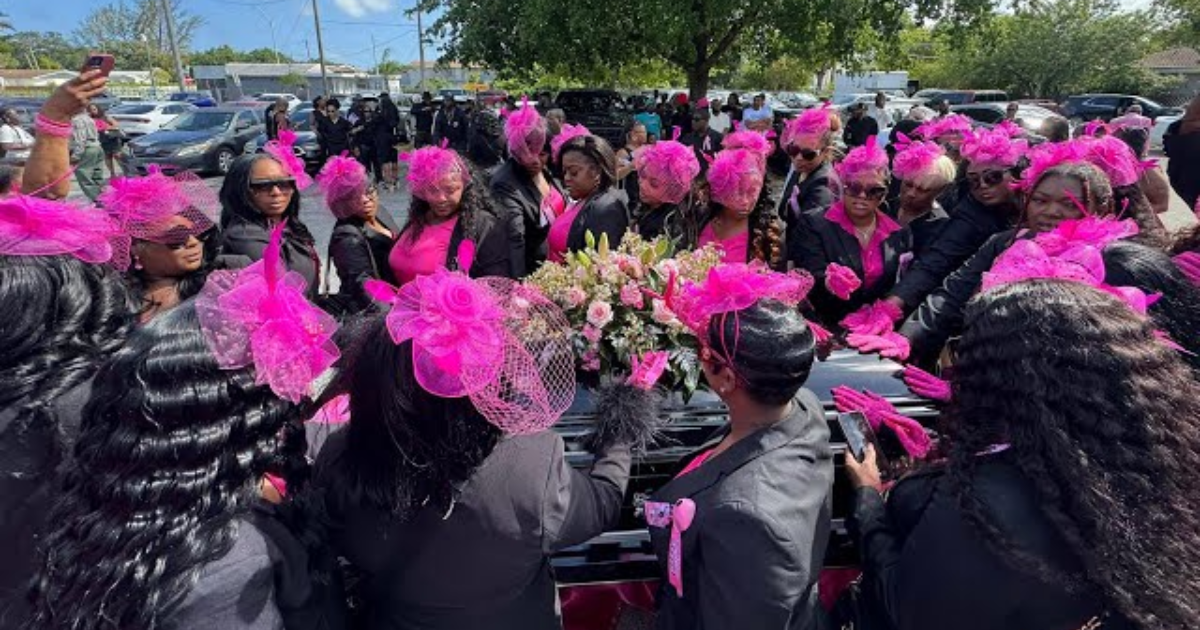Where Death Comes Cheap
 On Jan. 10, Diane and Randy Bathurst were having breakfast when Randy began to feel ill. He excused himself to lie down, and a moment later Diane heard a thud. When she arrived in the bedroom, Randy, 58, was unconscious on the floor. Paramedics couldn’t resuscitate him; doctors said he had died instantly of a massive heart attack. Two days later, his widow is in a conference room in suburban Detroit meeting with Tom Macksoud, who runs a business called Simple Funerals.
On Jan. 10, Diane and Randy Bathurst were having breakfast when Randy began to feel ill. He excused himself to lie down, and a moment later Diane heard a thud. When she arrived in the bedroom, Randy, 58, was unconscious on the floor. Paramedics couldn’t resuscitate him; doctors said he had died instantly of a massive heart attack. Two days later, his widow is in a conference room in suburban Detroit meeting with Tom Macksoud, who runs a business called Simple Funerals.
Bathurst, who has little income, wants a basic cremation with no casket and no service?just the way Randy would have wanted it. A traditional funeral home wanted to charge her $3,200. Macksoud’s operation?with no employees, chapel or embalming room, just himself and the Chrysler Town & Country minivan he uses as a hearse?can do it for $1,100. “Thank you,” Bathurst says, tearing up. “This means I can make two more house payments.” Macksoud hugs her and, two days later, single-handedly retrieves her husband’s 300-pound body from the rival funeral home and maneuvers it into his minivan, a process that takes more than an hour and leaves him exhausted. “Sometimes I think I should charge by the pound,” he says.
With its revenue directly tied to the death rate, the $15 billion funeral industry has always been seen as recession-proof. No matter how bad the economy, people always die and families always spend money memorializing them, often equating dollars spent with respect paid, and rarely shopping around. Funeral homes tend to be the oldest businesses in town and generally earn solid profits?one reason why, in the 1990s, large, publicly traded corporations began rolling up the industry. But this recession is proving different?and as it deepens, families are beginning to seek ways to cut bills that were once seen as sacrosanct. Long-term trends (like the growing acceptance of cremation) are coalescing with the down economy to lead some industry veterans to sense a shift. “There’s a major movement toward low-cost options right now,” says R. Brian Burkhardt, a funeral director in Wheaton, Ill., who writes an industry blog called Your Funeral Guy. “Those businesses that adjust will do fine?and those that don’t will be gone.”
For Macksoud, 46, this penny-pinching couldn’t come at a better time. For 20 years Macksoud worked in big funeral homes and eventually bought his own in Lapeer, Mich., a blue-collar town about 50 miles north of Detroit. But a few years ago he started noticing a change: fewer people were asking for the extravagant memorial service with the steel casket and limousine-led procession. “I realized all I needed was an office, a computer and my own car,” he says. So in 2004 he sold his Lapeer business for $757,000, then took a few years off to spend time with his four kids.
Last fall he jumped back in with Simple Funerals, which he runs from a 1,500-square-foot storefront in a strip mall next to a dry cleaner. There’s a sitting room with an oriental rug, and a wall of shelves holding urns (starting at $90). Toward the back, Macksoud displays three coffins, starting at $495. (He sends folks seeking something higher-end to Costco, which has carried caskets since 2004.) Macksoud subcontracts with traditional funeral homes to use their embalming rooms and to store bodies. With such low overhead, his customer’s average bill is less than $1,200, compared with nearly $10,000 for a traditional funeral. “It’s not about the size of your funeral home or how many Cadillacs you have?it’s about the service you provide,” he says.
Macksoud is 6 feet 1 with dark, thinning hair and a plain, soft-spoken manner. If you spot him driving around in his minivan?which carries a whiff of formaldehyde?you might guess he’s an accountant or insurance agent. And while laypeople think funeral directors spend all day with dead bodies, much of Macksoud’s business involves paperwork: ferrying death certificates to get physicians’ signatures, dealing with the medical examiner and then off to the county clerk’s office. Along the way, the phone connected to his dashboard-mounted navigation system rings every so often. “Simple Funerals,” he says, keeping his eyes on the road. “This is Tom.”
On many calls, he winds up alerting consumers to money-saving options they didn’t know existed. For instance, a widow from Pontiac calls about her husband, a veteran who’s just died. Macksoud tells her that as a veteran, he’s entitled to a free plot, vault and grave marker in the Great Lakes National Cemetery?something the traditional funeral home she’d called first hadn’t mentioned. “They would have missed out on selling her a vault and expensive plot,” Macksoud says. “She was so appreciative. When things like that happen, I know I’m doing the right thing.”
Rival funeral directors aren’t so sure: last month the Michigan Funeral Directors Association asked him to stop attending meetings, annoyed at this new competition. “That made me feel really bad. I didn’t expect the business to take off so suddenly, and I think it’s spooked some people,” Macksoud says. “I thought there’d be some backlash, but I didn’t anticipate this.” If the industry is spooked, it’s probably because they’re seeing other low-cost providers thriving during hard times. At Newcomer Funeral Homes, a discount outlet based in Topeka, Kans. (where a casketed funeral costs just $4,000), business was up 10 percent in 2008. Outside Seattle, Barton Family Funeral Service charges just $695 for a cremation; it’s seen business double every year since 2005, and now does 140 funerals a month?a good year’s worth of work for many traditional homes. “So many of the cultural aspects of funerals have been imposed by the industry,” says Barton Family’s cofounder, Craig Barton. “People have come to believe that spending a lot of money is the only way to do it because that’s what the funeral industry has told them.”
Now it’s cultural shifts that are allowing some of these discount options to thrive. Chief among them is the growing acceptance of cremation, which accounted for less than 4 percent of funerals in the mid-1960s, but more than one third of them last year. (Some observers expect the cremation rate to hit 60 percent by 2025.) Cremation cuts out the three most expensive pieces of a funeral: the casket, the embalming process and the grave plot. Industry critics say that as consumer preference has shifted toward cremation, funeral homes are jacking up prices in an attempt to preserve profits in a declining market. “Since they can’t sell you another funeral down the road, they end up charging more,” says Joshua Slocum, executive director of the Funeral Consumers Alliance, an industry watchdog group. The numbers suggest that’s true: from 2000 to 2008, the price of a casketed funeral rose 30 percent, according to the National Funeral Directors Association, whose members claim the spiking costs of raw materials that go into caskets, like steel and copper, are largely to blame.
Some longtime practitioners dispute the idea that the recession is causing a radical change in industry practices. “We see that families are hurting and are perhaps being more conservative with what they spend,” says Michael St. Pierre, a fifth-generation funeral director and CEO of Wilson St. Pierre Funeral Service and Crematory in Indianapolis. “But the fact is, the economic downturn is not affecting the fundamental way that we’ve done business for 114 years.” St. Pierre says that about 35 percent of his customers prepay their funerals?a practice that could begin to go out of style, considering two recent cases of alleged fraud in Illinois and Missouri that have sapped more than $1 billion from the prepaid accounts of some 100,000 people in a handful of states. “The entire prepaid funeral industry is on the verge of collapse,” says the FCA’s Slocum.
Macksoud is betting that, over time, the cost consciousness he’s seeing continues to spread. In fact, he recently trademarked the name Simple Funerals to head off competition. Business is already significantly exceeding his expectations. He figured he’d do 60 funerals his first year and lose money, but based on his first few months of operations, he’s now on track to do 80 funerals and break even. He retains some of the traditional tools of the trade; when he pulls his minivan into his garage at home after a long day at work, he can look up to the rafters, where he stores the road signs and traffic cones required for the pomp of the traditional funeral procession from church to grave site. But mostly that equipment gathers dust, as more clients opt for a quieter, thriftier way of death.
Article By: Matthew Philips, Newsweek



